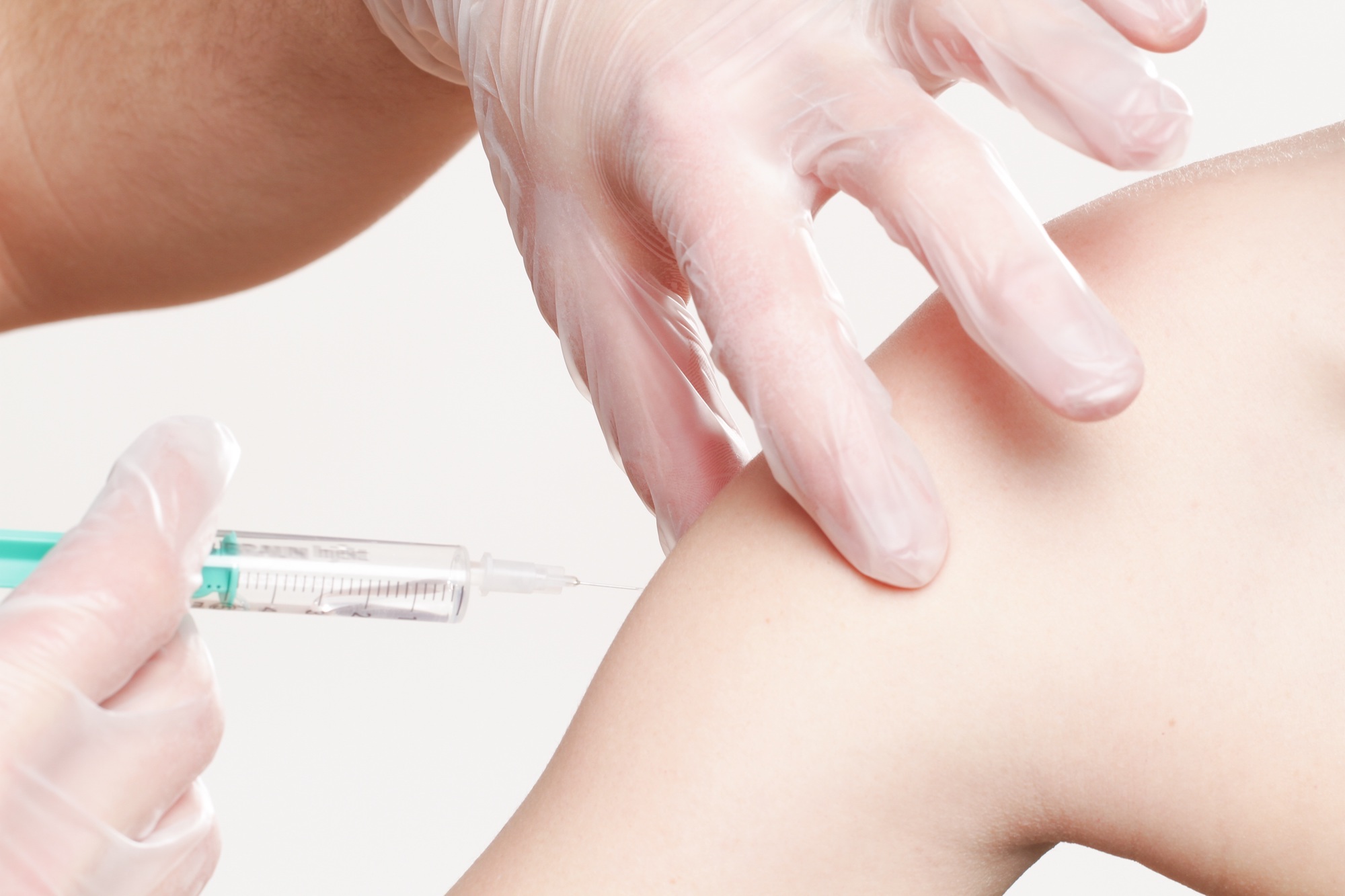Starting your university adventure is an amazing time for meeting new people, having fun with new friends, and of course learning! Vaccines are unlikely to be high on your priority list right now, but they are worth a moment of your time.
Several diseases become more prevalent in environments like universities; communal living and contact with lots of people on campus make the spread of disease all too easy. Many of these diseases can be effectively prevented by getting vaccinated. We’ll discuss the most common, vaccine preventable diseases you should be aware of before you start at university.
HPV (Human Papillomavirus)
Human Papillomavirus (HPV) are a group of viruses that live on the skin, spread easily from person-to-person, and can go on to cause genital cancers. The main transmission route is through unprotected sex or skin-to-skin contact of the genital area. Girls from 12-17 years of age are currently offered the vaccine on the NHS which protects against 4 of the many HPV types. This does not mean boys do not need the vaccine, HPV is relevant to both sexes as men can be carriers and can also be affected by related cancers.
If you are male, not from the UK, or not eligible for the NHS vaccine, we can provide the course of HPV vaccinations to anyone
Nomad offer the Gardasil9 vaccine which protects against 9 of the HPV strains. If you are male, not from the UK, or not eligible for the NHS vaccine, we can provide the course of HPV vaccinations to anyone. Even if you’ve had the vaccine it is always important to use a condom as there are many different infections that can be transmitted through unprotected sex.
Meningitis at University
Meningitis is an infection of the lining around the brain and spinal cord which can be caused by many different diseases. Meningococcal meningitis refers to the bacterial causes of meningitis. These bacteria can be transmitted to other people through respiratory droplets (kissing, sneezing, coughing etc) and can spread easily in crowded environment and close living quarters. Meningitis can cause brain swelling and blood poisoning which can lead to profound complications or even death.
There are many different strains of meningococcal meningitis. Traditionally the main strains that affected the UK were B and C, but we are now also seeing a rise in cases of W. The meningitis C vaccine has been widely available on the UK childhood vaccination schedule for many years, but recently the adolescent booster has changed to the combined ACWY vaccine. There is also now a vaccination against Meningitis B, but it’s currently only given to young babies on the NHS. Both the Meningitis ACWY vaccine and the Meningitis B vaccine are available at Nomad, you can book online at any of our locations.
Even if you have had these vaccines, still watch out for symptoms of meningitis as it has many causes. Common symptoms include headache, stiff neck, high temperature, sensitivity to light, and vomiting. Late stages of meningitis can also present as a rash that does not go away when you press on it (glass test). If you are ever concerned about any of these symptoms seek immediate medical advice.

Flu
The influenza (flu) virus spreads easily in crowds via sneezing or contaminated surfaces. This vaccine is only available for free on the NHS for certain high-risk groups such as children, asthmatics etc. Flu can be a nasty disease that will keep you away from lectures for several days, so it is worth getting vaccinated early to avoid the dreaded fresher’s flu!
Wash your hands or use hand sanitiser after you have been in crowded places like public transport or lecture theatres – viruses can be picked up from contaminated surfaces
Nomad always has this in stock from September onwards. You need to get re-vaccinated every year because the flu viruses change, and different ones become prevalent every winter. It is important to wash your hands or use hand sanitiser after you have been in crowded places like public transport or lecture theatres – the flu and other viruses can be picked up from contaminated surfaces, not just by getting sneezed on!
Measles, Mumps & Rubella
Measles, mumps and rubella (MMR) are viruses that can spread easily from person to person. Vaccines against these diseases have existed for a long time, so for many years we did not commonly see these diseases in the UK. However, in recent years there has been a decline in people getting their children vaccinated against MMR, mainly due to false data about a possible link to autism. Unfortunately, this has led to an increase in these diseases, frequent outbreaks of measles across Europe, and some deaths as a result. Check with your parents or doctor, and if you didn’t have two doses of the MMR vaccine in childhood, do them now!
Hepatitis B
Hepatitis B is a virus spread through contact with infected blood and bodily fluids, such as through unprotected sex, tattoos, piercings, or needlestick injuries in clinical environments. This vaccine is essential if you are doing clinical courses such medicine, nursing, physiotherapy, dentistry and so on.
Nomad’s expert nurses can discuss these issues in more detail and provide you with the necessary vaccines. Plus, we are travel health specialists so if you are going overseas we can give you advice and vaccines to keep you healthy throughout your trip! Any adventure starts with good preparation, whether that’s travel, starting university, international research or studying abroad. Book an appointment today to get ready for university, you can book online or call us on 01341 555061.


No Comments
Be the first to start a conversation